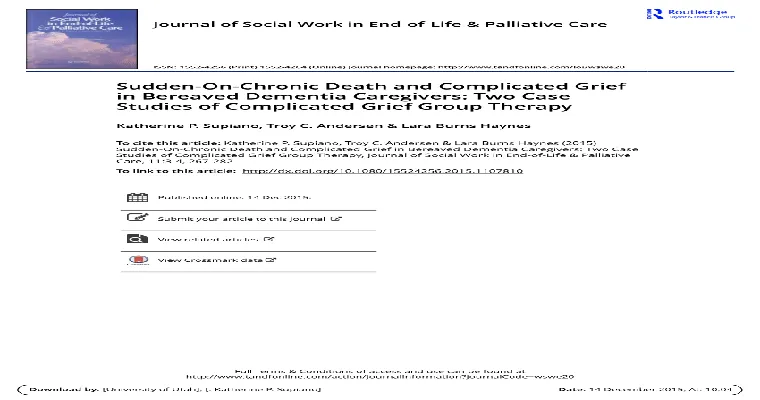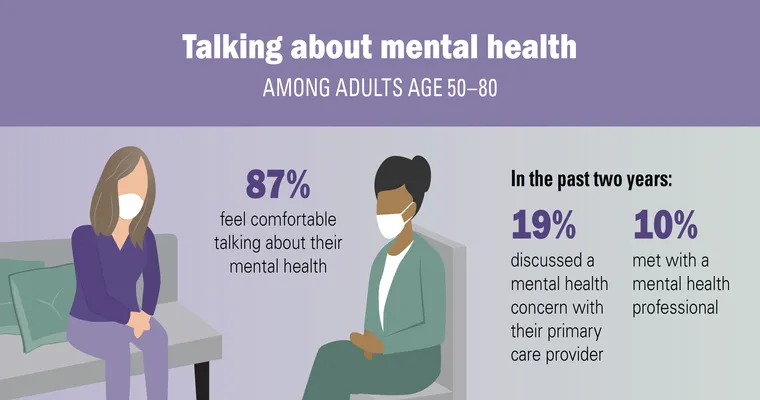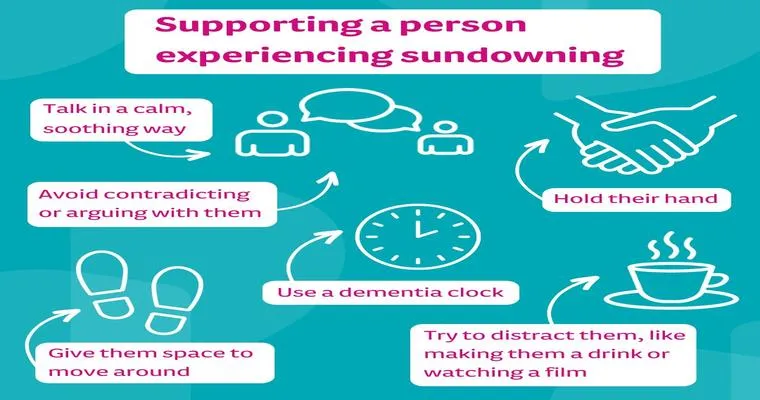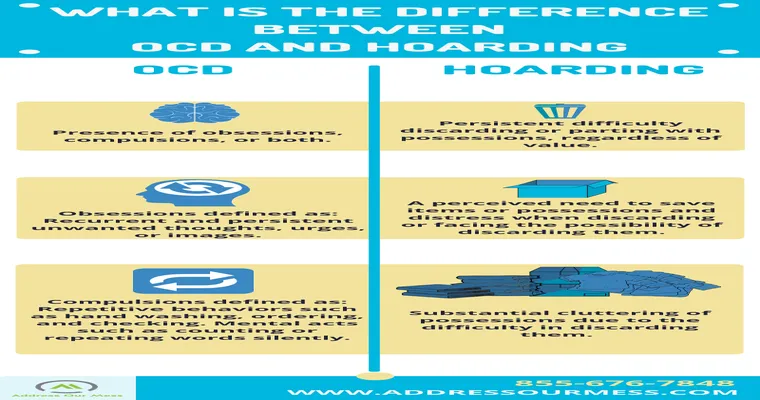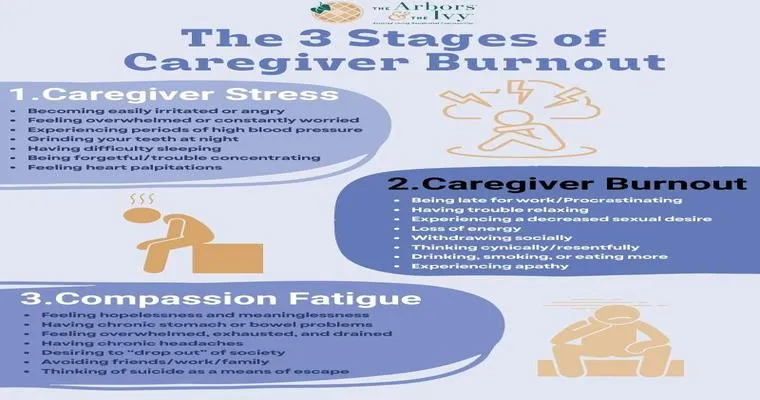Family caregivers often face unique challenges when dealing with the "emotional toll" of caring for a loved one, especially during times of loss. The experience of "complicated grief" can be overwhelming, leading to feelings of sadness, anger, and confusion that persist long after a loved one has passed. Fortunately, "Accelerated Resolution Therapy (ART)" offers a promising approach to help these caregivers manage their emotions and find a path toward healing.
Complicated grief is characterized by intense, prolonged sorrow that can disrupt daily functioning and overall well-being. Caregivers, who often put their loved ones' needs before their own, may find it particularly difficult to process their grief. This is where ART can make a significant difference. ART is a form of therapy that utilizes eye movements to help individuals reprocess distressing memories and emotions associated with traumatic experiences. By doing so, it can alleviate symptoms of complicated grief, allowing caregivers to regain a sense of normalcy in their lives.
One of the key benefits of ART is its ability to provide quick relief. Many caregivers are busy and may not have the time or resources to engage in long-term therapeutic practices. ART sessions can be relatively short, often requiring just a few visits, making it an accessible option for those who are struggling with their emotions. This efficiency is particularly important for family caregivers who need to balance their own mental health with the demands of caregiving.
Furthermore, ART is designed to be non-invasive and does not require the individual to delve deeply into their traumatic memories, which can be a barrier for many people seeking help. Instead, ART focuses on creating a safe space where caregivers can work through their grief in a supportive environment. This can empower caregivers to confront their feelings without feeling overwhelmed, enabling them to process their grief in a healthier manner.
In addition to providing emotional relief, ART can also help family caregivers develop coping strategies. By learning how to manage their grief effectively, caregivers can improve their overall mental health and enhance their ability to provide care to their loved ones. This dual benefit is crucial, as caregivers who are emotionally stable are better equipped to support their family members through challenging times.
It’s important for family caregivers to recognize that seeking help is a sign of strength, not weakness. Engaging in therapies like ART can facilitate a healthier grieving process, allowing caregivers to honor their loved ones while also taking care of their own mental health. As the stigma around mental health continues to decrease, more caregivers are encouraged to explore these therapeutic options.
In conclusion, "Accelerated Resolution Therapy" offers a valuable resource for family caregivers grappling with "complicated grief". By providing quick, effective relief from overwhelming emotions, ART can help caregivers reclaim their lives and find peace amidst the challenges of caregiving. If you or someone you know is struggling with grief, consider reaching out to a qualified therapist who specializes in ART to explore this innovative approach to healing.

